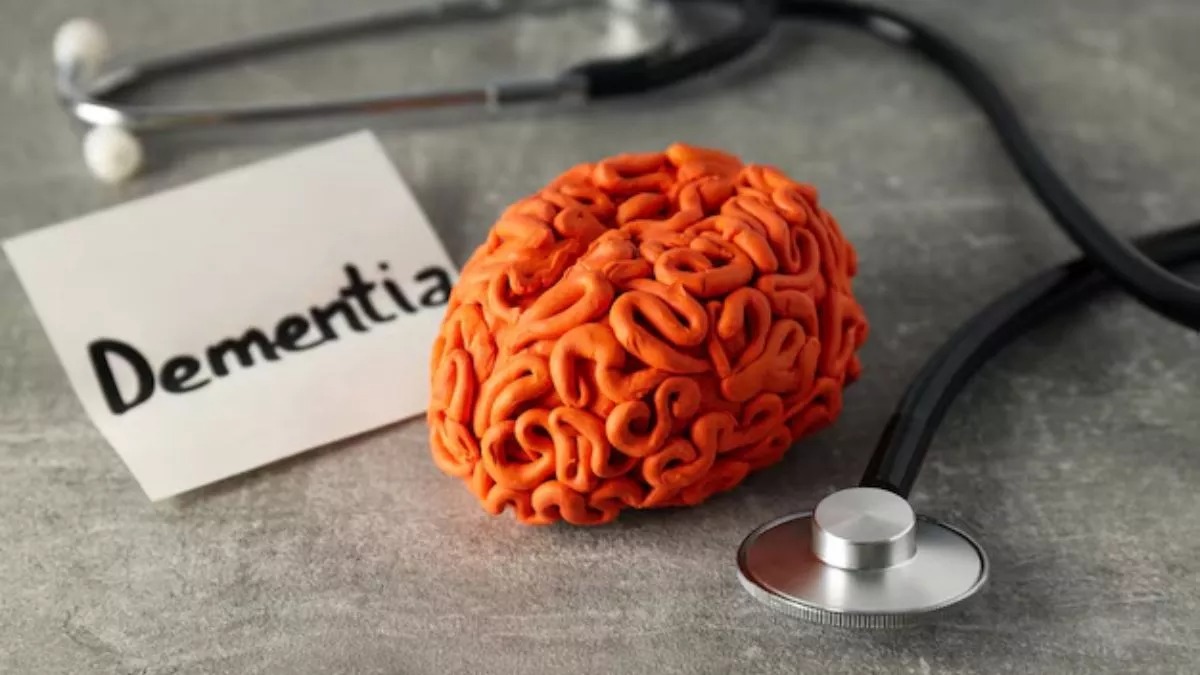
New Delhi. Dementia And Loneliness: We often hear that loneliness makes us hollow from within. Loneliness does not mean being alone. Loneliness is the condition when we need someone's company and that need is not fulfilled at the emotional level. This has a very negative effect on our mental health, which you must be aware of, but a recent study sheds light on its even more serious and dangerous consequences.
What does the study say?
This study published in Nature Mental Health says that loneliness increases the risk of dementia by 31 percent. According to this study, loneliness is as dangerous as other risk factors for dementia , such as smoking. Therefore, loneliness can cause profound damage to the brain. Here we will try to know more about this in detail. Let's find out.
What is dementia?
Dementia is a condition in which brain cells degenerate, leading to impaired memory, thinking, and decision-making abilities. Many factors play a role in the development of dementia, including age, genetics, and lifestyle. Recently, researchers have identified loneliness as one of the risk factors for dementia.
How can loneliness cause dementia?
- Brain activity- Social contact plays an important role in keeping the brain active. When we interact with others, new connections are formed in our brain and old ones are strengthened. In a state of loneliness, this brain activity decreases, increasing the risk of degeneration of brain cells.
- Stress- Loneliness is a major cause of stress. Constant stress can damage the brain and promote the development of dementia.
- Physical health - Lonely people often do not take proper care of themselves. They do not exercise regularly, do not eat a healthy diet and are also at risk of lack of sleep due to loneliness. All of these factors can increase the risk of dementia.
How to avoid loneliness?
If you feel that you are struggling with loneliness, then you should consult a doctor. They can help you by understanding your problem better. Along with this, some tips can also help in overcoming loneliness.
- Strengthen social connections – Stay in regular contact with family, friends and people in your community.
- Meet new people - Join a group to meet new people, or develop a new hobby.
- Volunteer – Helping others will not only help you overcome loneliness, but it will also make you feel better.
- Participate in social activities- Join society clubs, organizations or local functions.
- Read – Reading books, newspapers or online articles is a great way to keep your mind active.
- Be physically active- Exercising regularly will not only improve your physical health but will also improve your mood.
- Eat healthy foods – Nutritious food is very important for your brain health.
- Get enough sleep- Getting enough sleep will reduce your stress and keep your mind healthy.
- Disclaimer: The advice and suggestions mentioned in the article are for general information purposes only and should not be taken as professional medical advice. Always consult your doctor if you have any questions or concerns.
--Advertisement--

 Desk
Desk Share
Share






